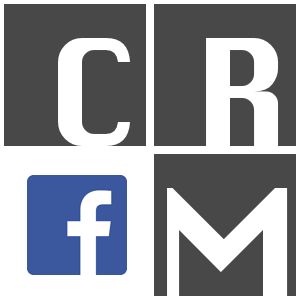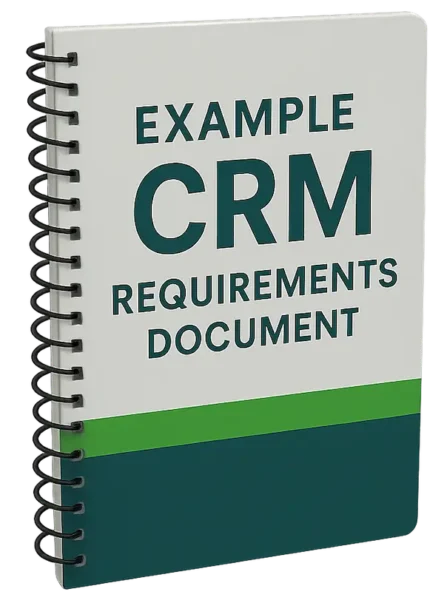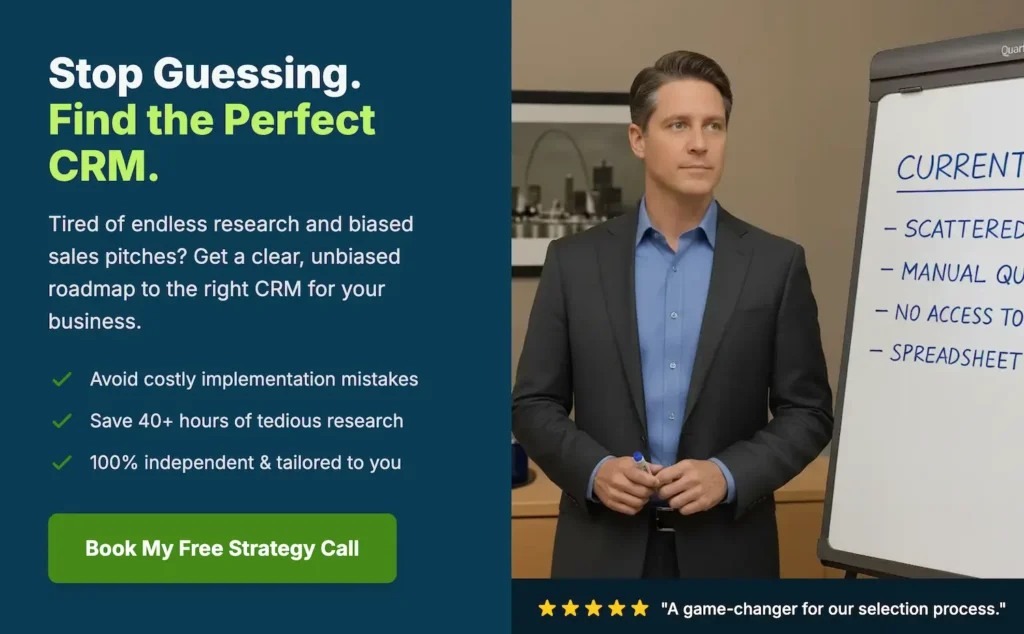 On the surface, Facebook & CRM are aimed at opposite groups: people connecting with friends vs. salespeople managing opportunities. However, CRM is built on the premise that the more data you have about your customers, the better your relationship management will be.
On the surface, Facebook & CRM are aimed at opposite groups: people connecting with friends vs. salespeople managing opportunities. However, CRM is built on the premise that the more data you have about your customers, the better your relationship management will be.
And when it comes to collecting data about people, Facebook is in a league of its own.
A lot of CRM vendors now offer ways to leverage Facebook’s data collection potential. A lot of users think they “must” immediately integrate their CRM with Facebook to stay relevant and competitive–that’s simply not the case. Facebook integration isn’t a panacea, it’s simply another option that may or may not be right for your business.
Deciding whether Facebook integration is right for you largely depends on your target markets. Whether you’re B2B or B2C can make all the difference in choosing whether to use this feature.
B2C and Facebook/CRM Integration
Social media in general, and Facebook in particular, is a way for people to easily share things with friends and family members. For most people, this usually involves pictures, life events, meaningful quotes, and the like. It’s also not unusual for individuals to talk about recent purchases and customer service interactions over social media.
This can make a Facebook/CRM integration useful for businesses that focus on B2C sales. You can monitor social media for product mentions, keep an eye on marketing campaign performance, and collect useful data on customers and leads. In this context, having a Facebook feed in your salespersons’ CRM could provide meaningful, actionable information.
Facebook can also provide information for your customer service department. If a customer complains about your product on Facebook, your service team can immediately begin working to remedy the problem. Not only can this help keep a complaint from going “viral,” it also gives your team a chance to look for trends that may indicate a larger issue.
B2B and Facebook/CRM Integration
It’s not unusual to find an individual on Facebook talking about their new shoes — but how often do you see a business talking about their new printers?
When it comes to B2B, Facebook integration simply isn’t as useful. This isn’t a limitation of Facebook or the CRM, but a reflection of what people share on social media. As the name suggests, most people on Facebook are there for the social component. They aren’t there discussing business purchases, or the processes behind those purchases.
It’s not unusual to find an individual on Facebook talking about their new shoes — but how often do you see a business talking about their new printers? Those are internal conversations, and generally don’t make it into a Facebook feed. Most businesses that have a Facebook page use it to advertise their own products and services, not to talk about purchases they’ve made.
Likewise for service issues. Business customers typically have higher customer service expectations. If they have a problem, they’ll call and let you know about it–they aren’t going to complain to their friends and family on Facebook.
Overstepping Your Bounds
An incredible number of people use Facebook every day. That can be tempting for some salespeople. However, you and your sales staff would do well to tread lightly. While many people use Facebook to search for information on businesses, they’re not necessarily comfortable with businesses searching for them.
Some people consider their social spaces sacrosanct, and any intrusion could result in backlash. Nobody wants to feel like a salesperson has been stalking them on Facebook, so be careful about what information you collect and use.
Is Facebook Integration a Tool, or a Distraction?
Before you hop on the “Facebook feed in your CRM” bandwagon, you should objectively evaluate whether the integration will benefit your business and salespeople. Don’t add it just because it’s the hot new feature; remember, vendors have to come up with new features every year–Facebook integration just happens to be one they’re pushing this year.
Before adding any tools to your CRM system, you should be able to define concrete, measurable advantages the tool will offer you and your employees. If you add a new tool simply because it’s the popular feature of the day, there’s a good chance it will be nothing more than a distraction.



